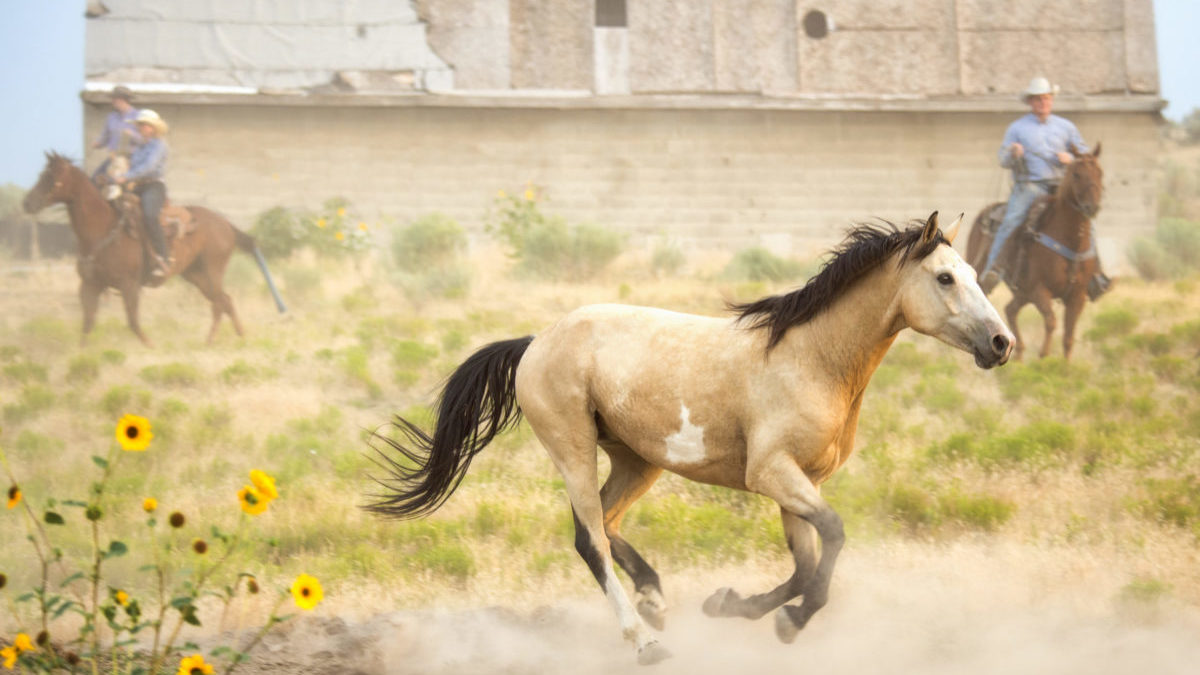The horse may have bolted, but BHP still says Queensland should ditch the coal royalty hike

Pic: Life Journeys/E+ via Getty Images
BHP (ASX:BHP) boss Mike Henry says the Queensland Government should repeal the coal royalty hike it put in place in July to claw a bigger share of record prices for the fossil fuel.
The world’s biggest miner has committed no capex to grow or expand the mines in its BHP Mitsubishi Alliance, Australia’s biggest steelmaking coal business, in an apparent investment strike, but continues to view it as a major part of its portfolio.
While the company has turned its back on thermal coal, it sees “high quality coking coal” like that produced at BMA’s network of Queensland operations as a core pillar of its business.
BHP’s chairman Ken Mackenzie and CEO Henry told shareholders at the company’s AGM yesterday met coal would remain part of steelmaking for decades, insisting higher grade coals like those sold by BHP assisted with decarbonisation because the only way of limiting steel emissions currently was improving the efficiency of blast furnaces.
Mackenzie told shareholders the use of green hydrogen in steelmaking was still at the very early stages of adoption and that the only current green steelmaking route, electric arc furnace, is not viable at scale because there is not enough scrap steel to cover the world’s needs.
Despite super high prices, BHP has no growth capex committed after contesting the Queensland Government’s royalty hike, which added three new tiers including one taking in 40% at coal prices above $300/t.
Henry said the other uncertainty for BHP was the fact it could not supply coal to the world’s largest steel market in China.
“For us, the economics of the existing business, as well as economics of any expansion are going to look less good, because keeping in mind coal is one of these businesses where you have a number of very lean years, and then there’ll be a brief period where returns are really attractive,” Henry told reporters on the sidelines of the AGM.
“What’s happening here is the peak of that is being shaved off, so you’re left with the lean years, and the attractive years are going to look less attractive.
“The risk is increased because there’s no certainty around fiscal policy. So against that backdrop, no growth capex now.”
Could that position change?
Unsurprisingly Henry believes the royalty increase should be repealed, something which could trigger a rethink on its investment priorities.
“Keeping in mind the highest quality coking coals, which are what we have in our portfolio, are good for decarbonisation in the near and medium term,” he said.
“Steel makers have to improve productivity out of the blast furnaces, they need better quality inputs for that. And that’s where our premium quality coals come into play.”
One of his major gripes is a lack of consultation.
BHP is staring down potential tax increases in Chile as well, where it is a major copper miner, but Henry says that has been an altogether different experience to the Palaszscuk Government’s 2022 hike.
“There has been respectful consultation on the part of the Chilean government, you know the circumstances in which they came to government,” he said.
“But there’s been enough respect for the industry to engage in a way where they try to craft good policy. And that’s really important because you want to keep the industry competitive.
“There will be a view that companies like the resources producers won’t want any increase, that may be the starting point.
“But we also recognise there’s a bit of give and take here where ultimately we all have a shared interest in ensuring that there is a sustainable set of fiscal settings rolled out in a way that doesn’t give rise to undue concern from BHP or shareholders about the risk of the underlying investment.”
When it was introduced in the 2022-23 budget, the Queensland Government estimated the royalty hike would raise $1.2b over four years to 2025-26.
But independent analysts have claimed it could rake in over $10 billion in additional cash this year alone, with coal prices remaining stubbornly high.
BHP (ASX:BHP) share price today:
Related Topics
UNLOCK INSIGHTS
Discover the untold stories of emerging ASX stocks.
Daily news and expert analysis, it's free to subscribe.
By proceeding, you confirm you understand that we handle personal information in accordance with our Privacy Policy.








